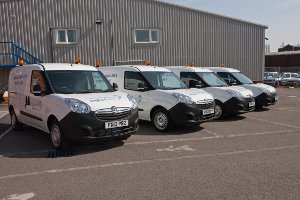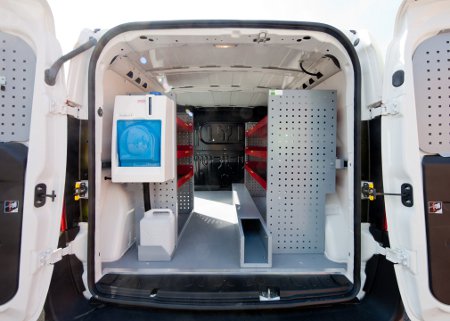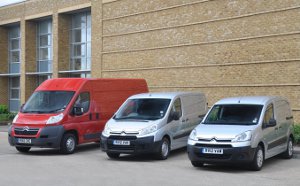
The Citroen Relay, Dispatch and Berlingo.
Citroën van sales rose by 31.7% in March, outperforming the 11.5% gain for the van market as a whole.
Figures just released by the Society of Motor Manufacturers & Traders (SMMT) show that Citroën LCV registrations in March of 3,856 were up by no less than 31.74% over those of March 2012, in a market that was up by 11.53%.
In the first quarter of 2013, Citroën’s LCV registrations of 6,280, were up 23.33% on the same period last year, in a market that was up by 11.66%. As a result Citroën moved to fourth place in the up to 3.5 tonne gvw sector.
All four Citroën LCV models performed strongly:-
| March 2013 registrations (% change on March 2012) |
1st quarter 2013 registrations (% change on 1st quarter 2012) |
|
| Nemo | 345 (+61.97%) | 584 (+57.84%) |
| Berlingo | 2,374 (+38.67%) | 3,797 (+24.21%) |
| Dispatch | 502 (+23.95%) | 822 (+30.48%) |
| Relay | 635 (+6.37%) | 1,077 (+4.06%) |
Scott Michael, Citroën’s Head of Commercial Vehicles & Business Centre Programme, comments:
“The award-winning Citroën LCV range continues to go from strength to strength as more businesses gain experience of the proven financial and operational benefits provided by our Nemo, Berlingo, Dispatch and Relay models. Citroën’s current LCV success is due to an increase in sales to both large National Fleets and also Small and Medium Enterprise fleets. The latter is in no small part aided by our unique Business Centre network which is steadily increasing the company’s sales to SME fleets, contributing over 75% of our LCV sales to this market segment.”

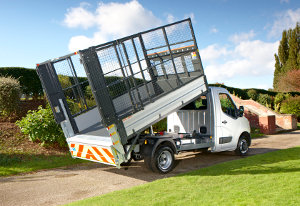 With
With 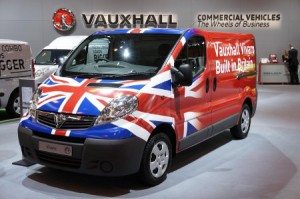
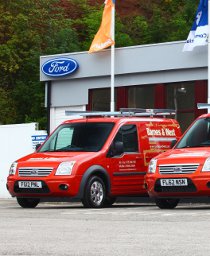 Nottingham brickwork firm Barnes and West has taken delivery of three Ford Transit Connects in vibrant Mars Red, a standard colour from Ford’s palette.
Nottingham brickwork firm Barnes and West has taken delivery of three Ford Transit Connects in vibrant Mars Red, a standard colour from Ford’s palette.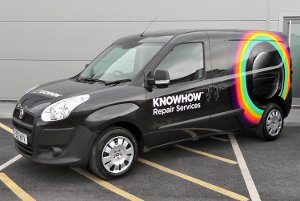 Currys PC World has taken delivery of 50 Fiat Doblo Cargo Maxi vans for its service engineers to use.
Currys PC World has taken delivery of 50 Fiat Doblo Cargo Maxi vans for its service engineers to use.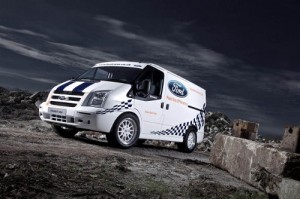
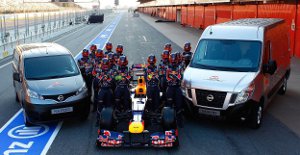 Nissan’s contract to supply the Red Bull Formula One team with light commercial vehicles has been extended for the remainder of the 2012 season.
Nissan’s contract to supply the Red Bull Formula One team with light commercial vehicles has been extended for the remainder of the 2012 season.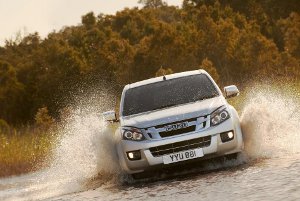 Isuzu UK has added a new dealer to its network, Browns, in
Isuzu UK has added a new dealer to its network, Browns, in 